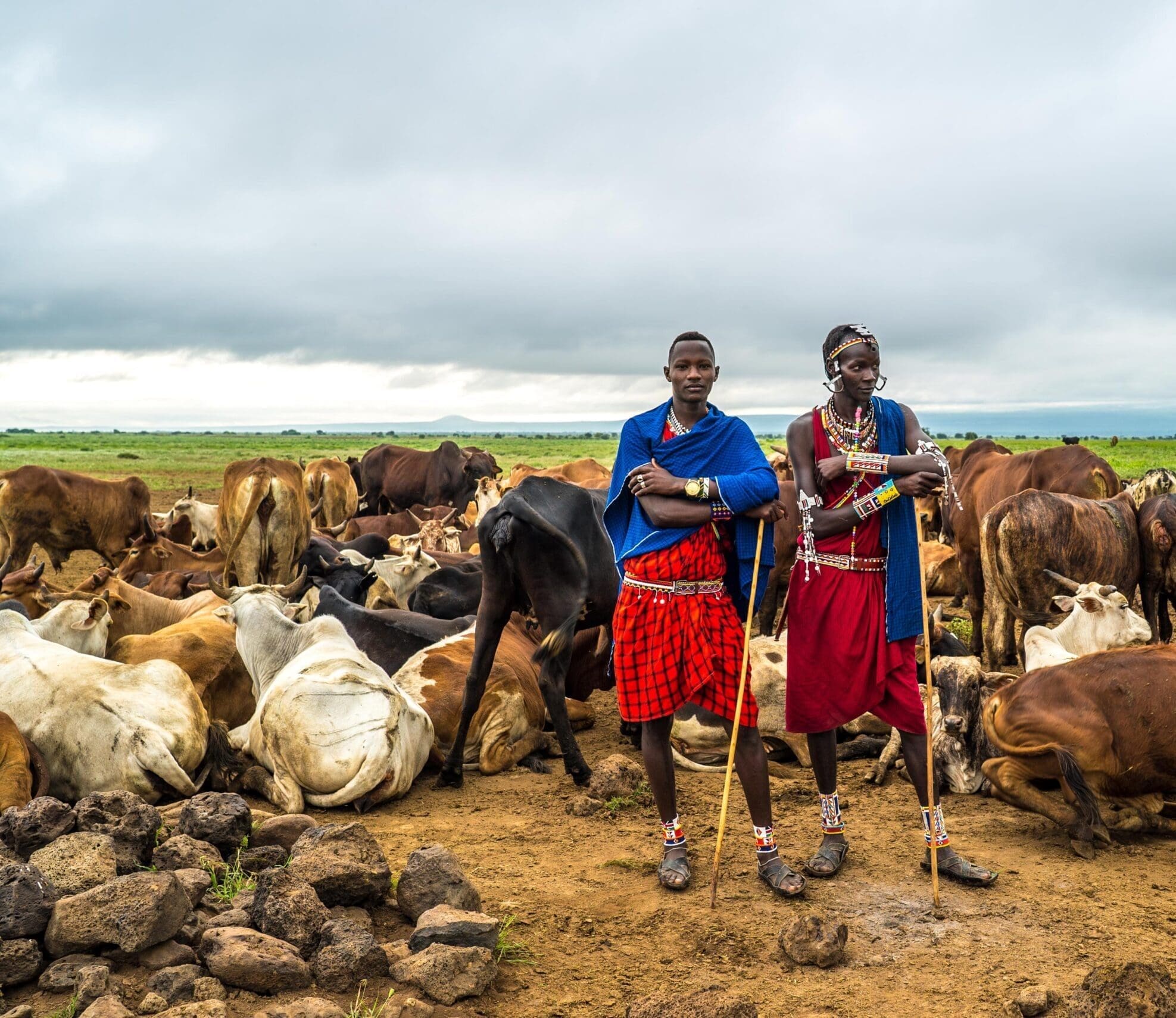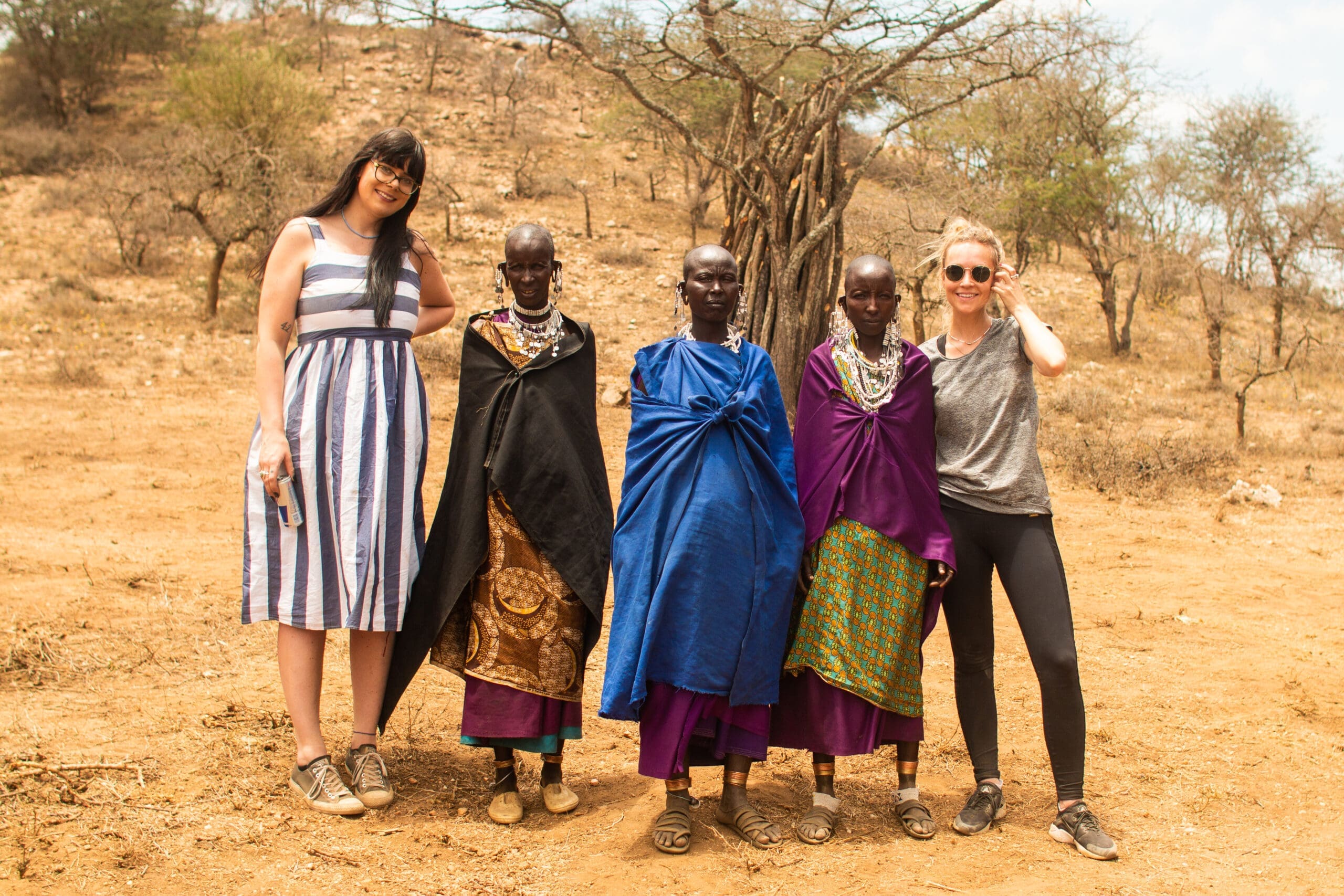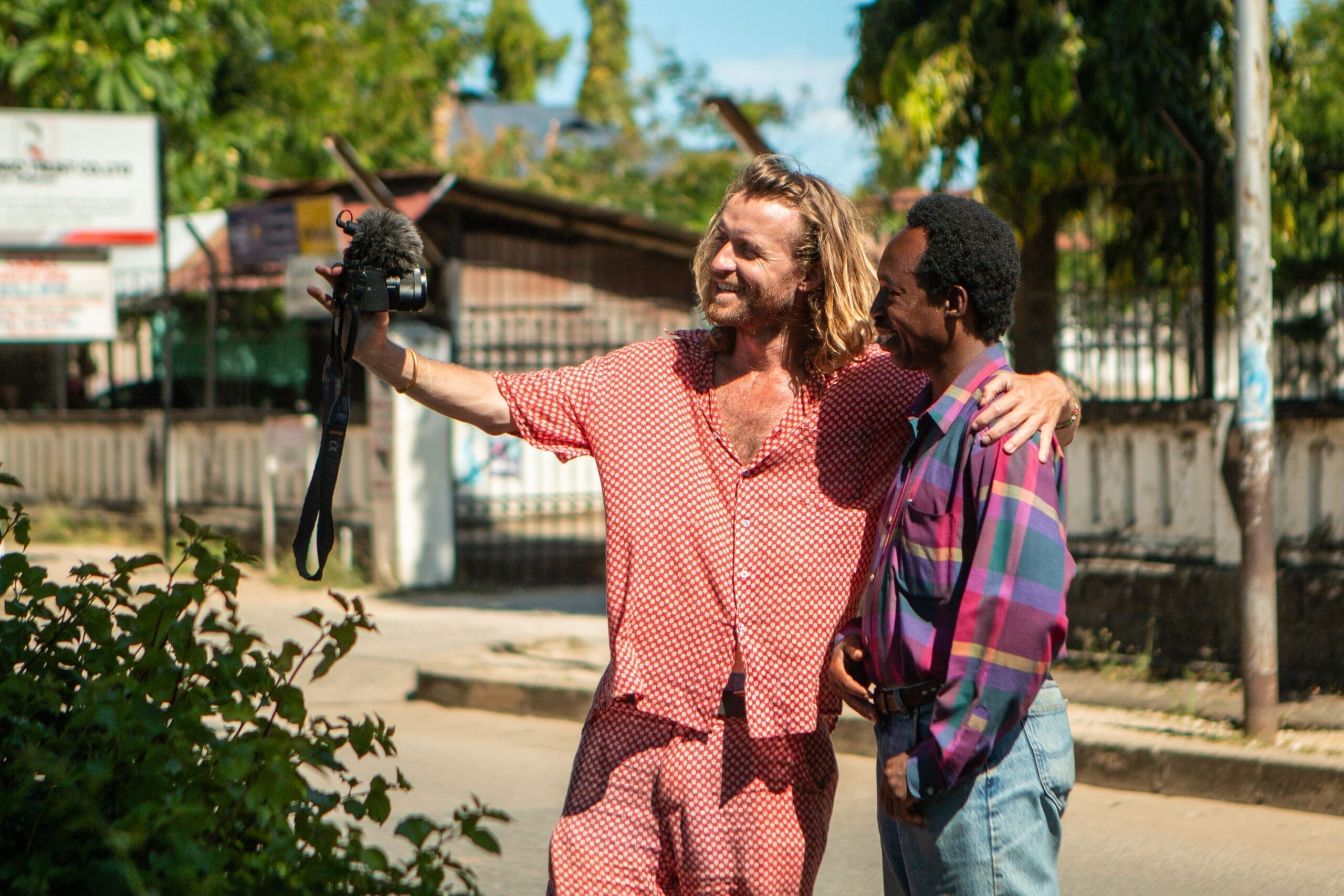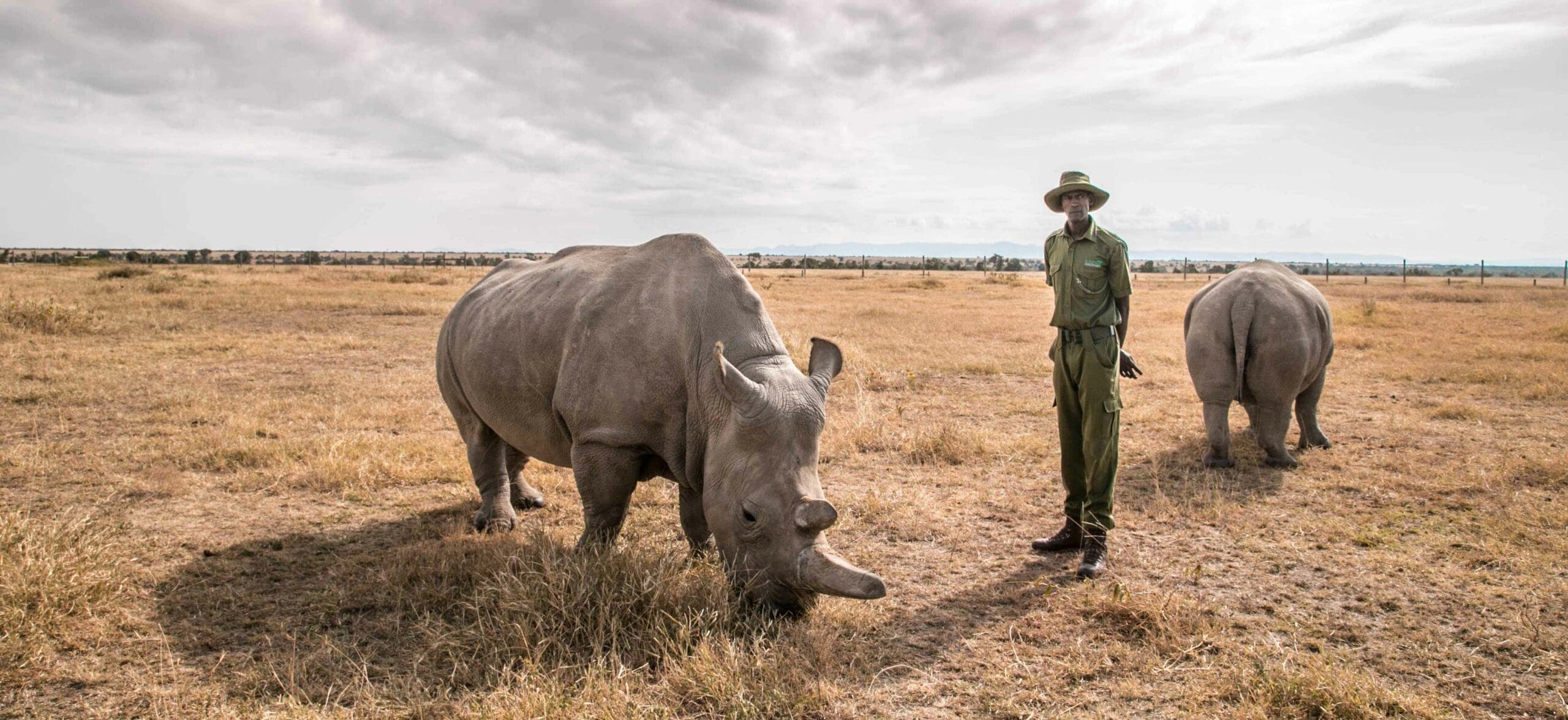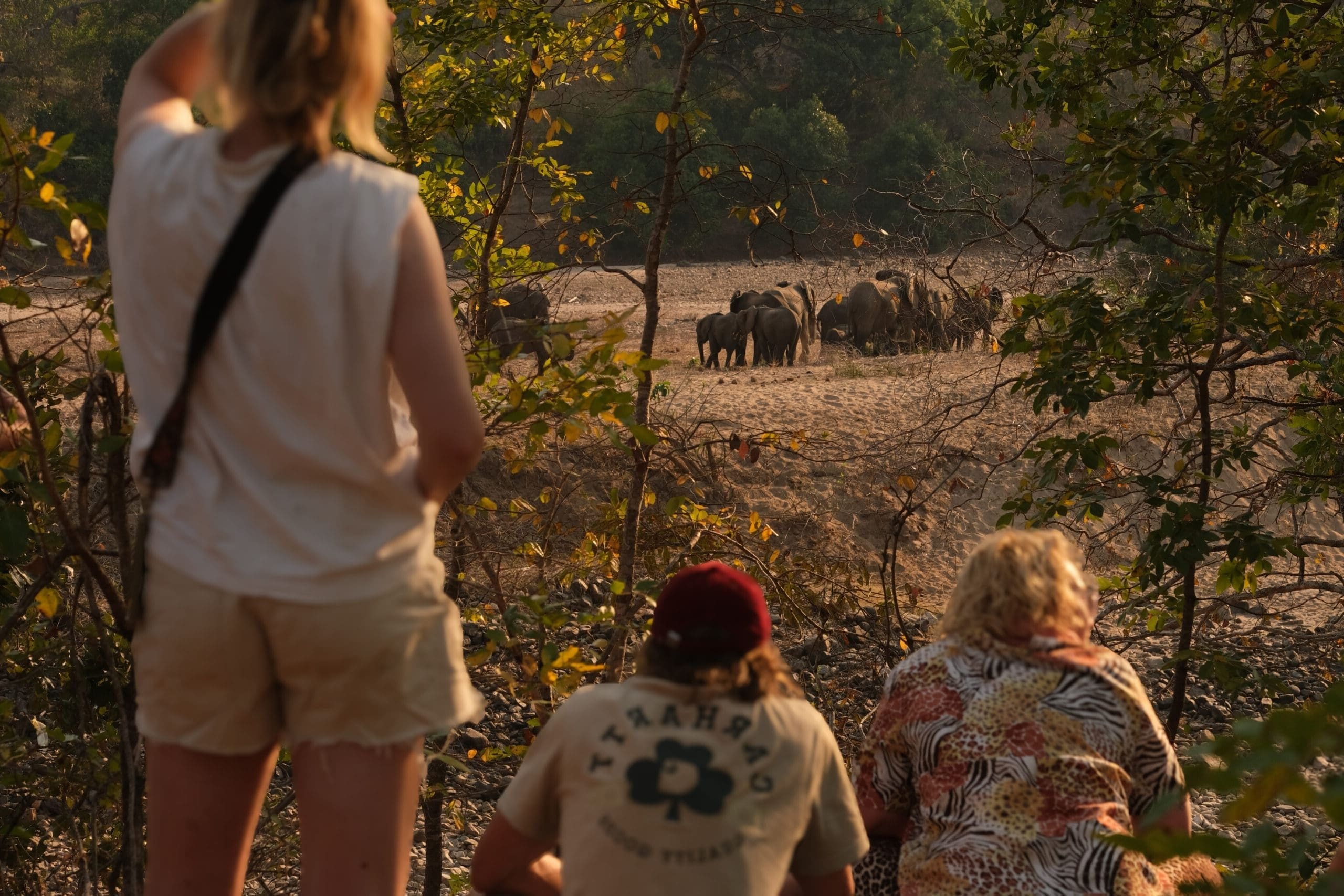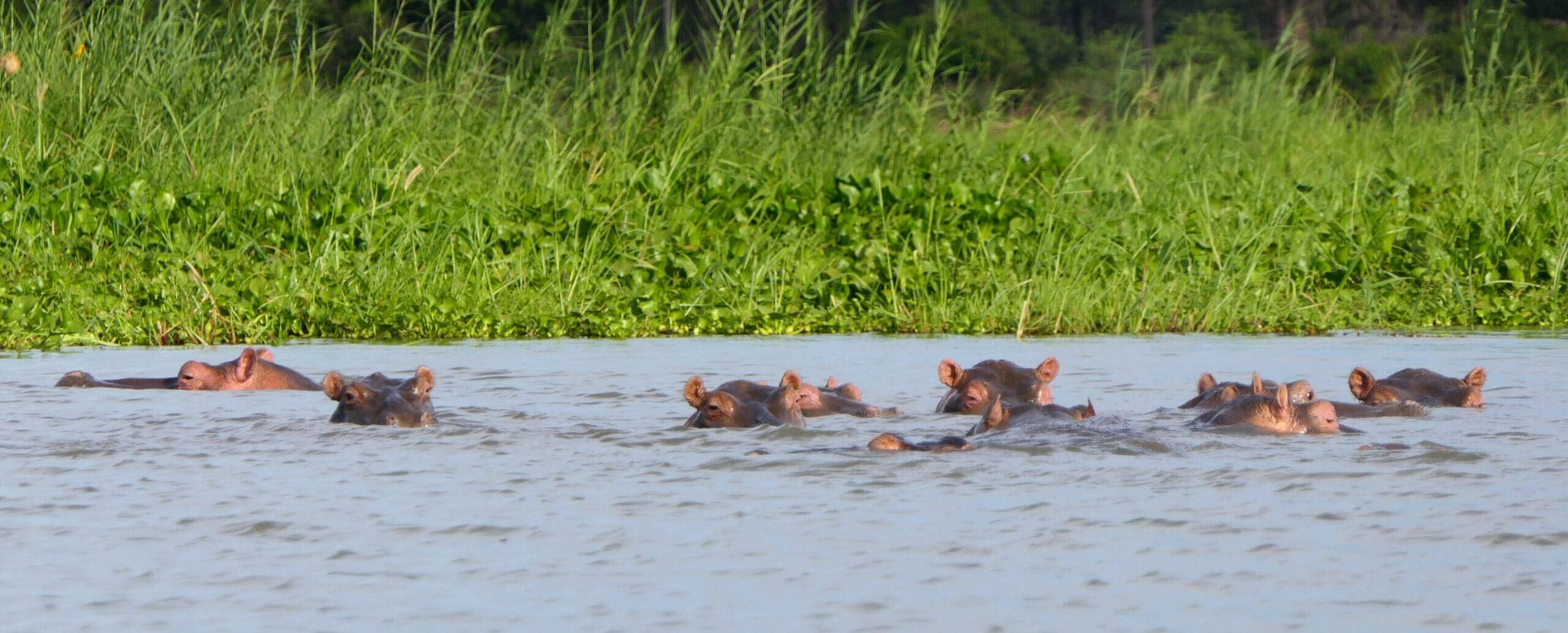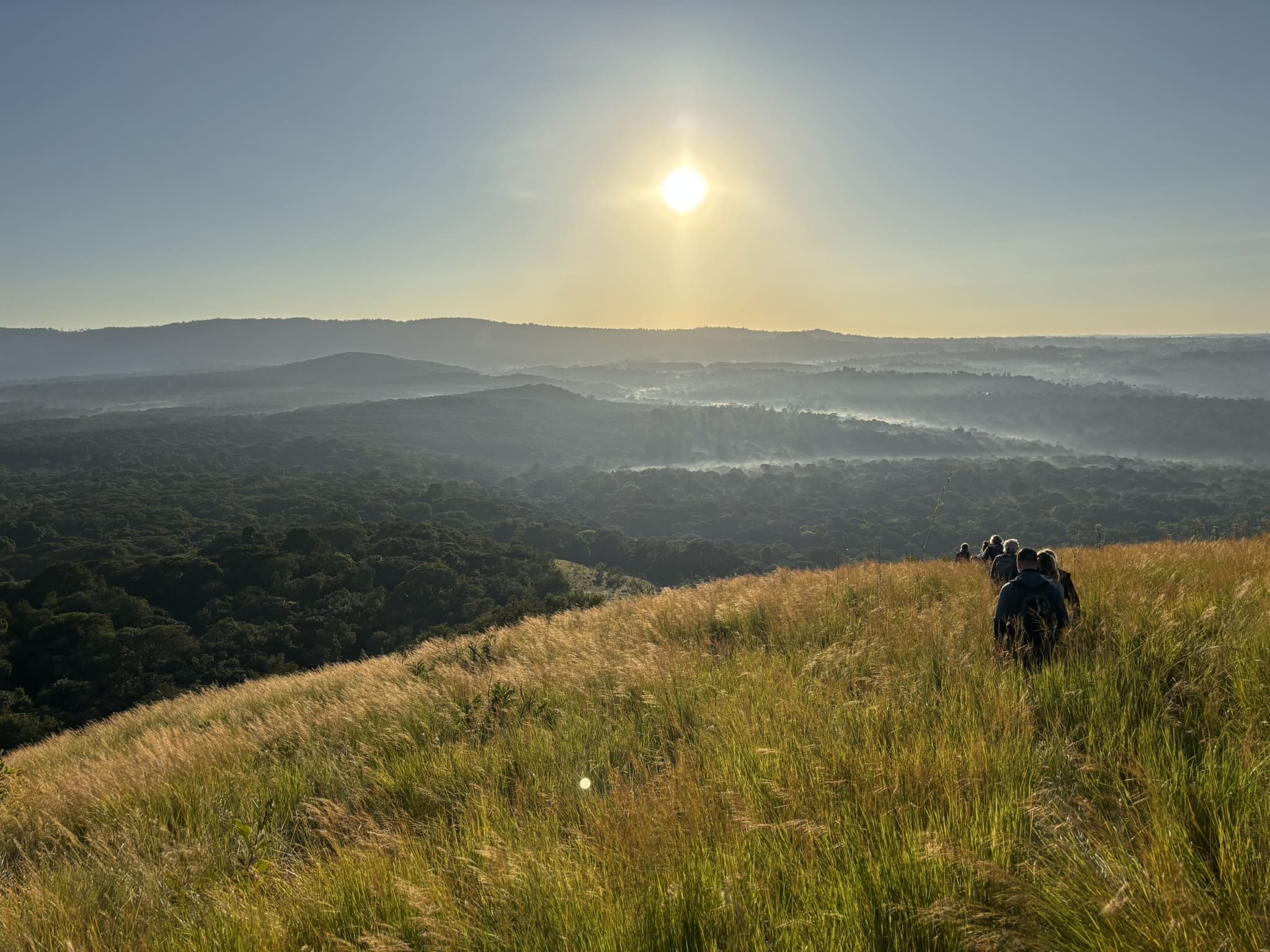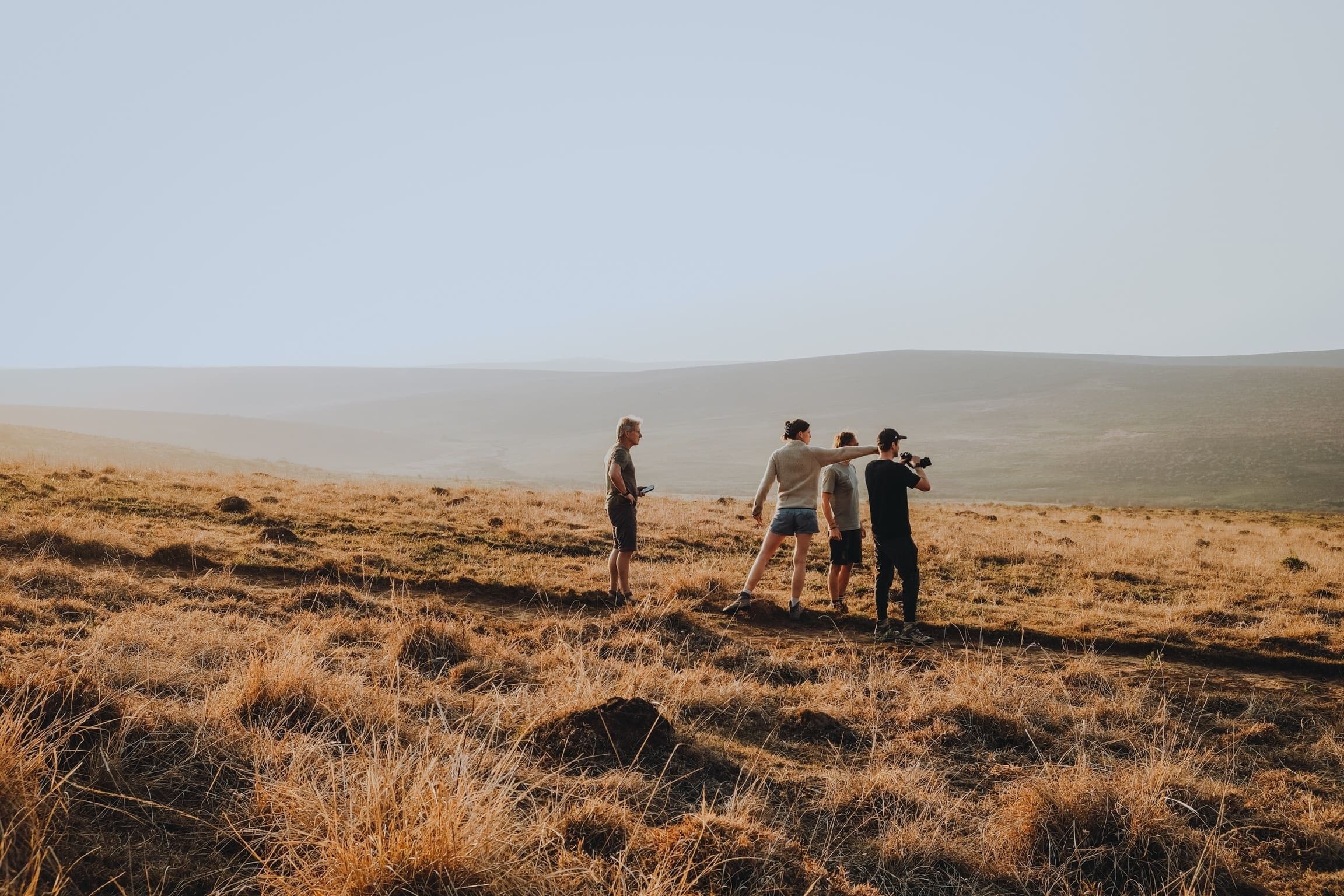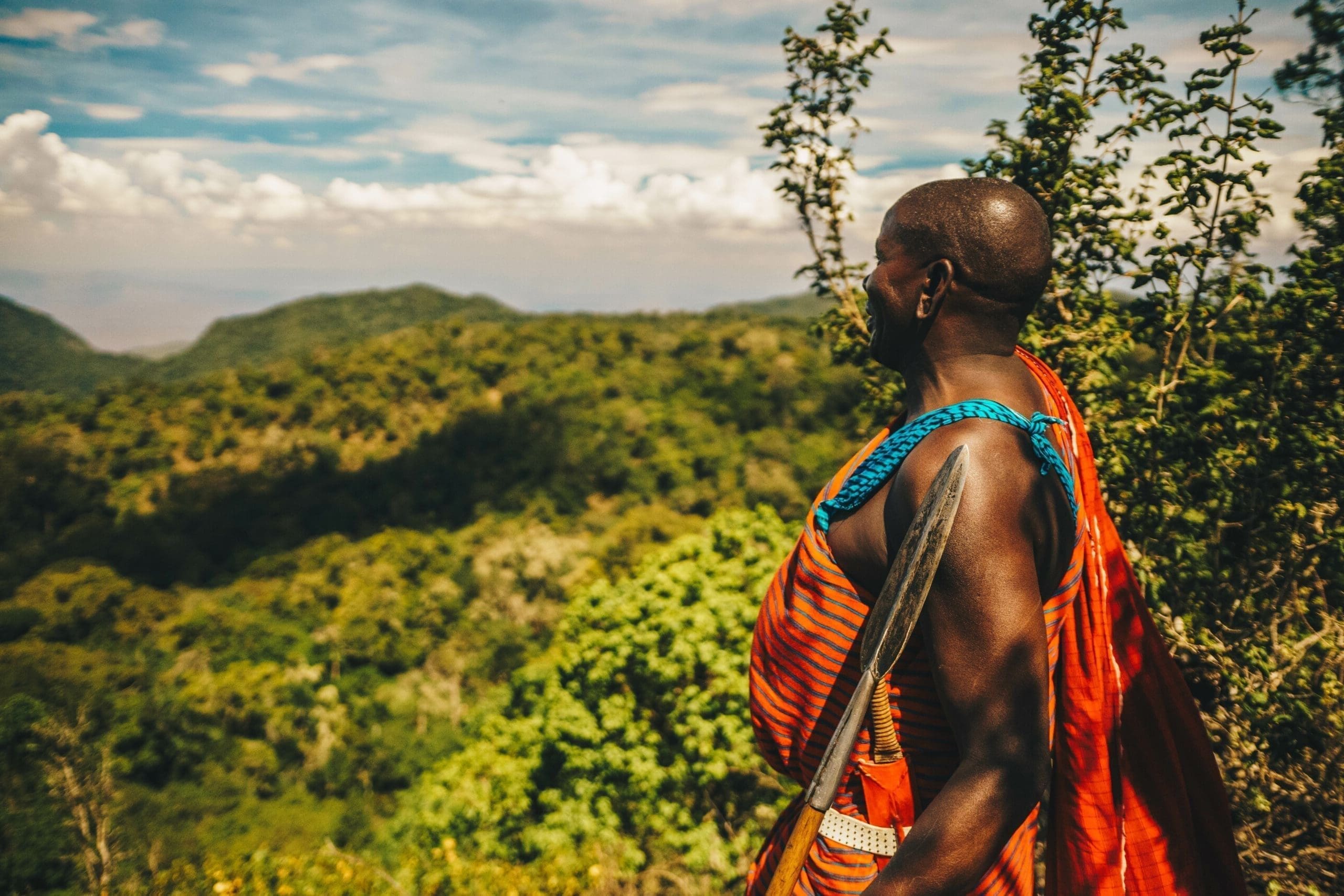Animal suffering and malpractice in Africa
Tourism can make a significant contribution to nature conservation and animal protection in Africa. When you, as a traveler, visit a safari park, you bring in money that can be used to protect the park and create an incentive to actually do so, in order to continue attracting tourists in the future.
However, there are also places that exploit this. They want to bring in money too, but are not so diligent about animal protection.
The elephant as a tourist attraction
World Animal Protection reports that elephant rides are not only common in Asia, but are also increasingly found in southern Africa. This practice began in the 1990s in Zimbabwe and quickly spread to South Africa. In addition to Zimbabwe, elephants are also held in Zambia and Botswana. These elephants are made to perform tricks for tourists, are ridden, and tourists can take photos with them.
Lion cubs as entertainers
Lions also suffer. Between 8,000 and 12,000 are kept in captivity. Cubs are petted, fed, and cuddled by tourists. Adolescent lions are taken on walks by tourists on a leash. They often live in dirty, small enclosures.
Young lions grow up, so they are continuously bred to provide new cubs for the tourists.
Swimming with dolphins
Swimming with dolphins can be a long-cherished dream. However, swimming with dolphins in captivity is an absolute no-go. Swimming with dolphins in the wild can be acceptable under certain conditions. More on that later.
Hunting tourism in Africa
There are numerous safari parks in Africa where you can hunt wild animals. After decades of protection, elephant hunting is now allowed again in Botswana.
Trophy hunts are also popular in South Africa.
Have zoos become passé?
Just like in the Netherlands, there are many zoos in Africa.But are zoos actually still of our time? Animals in captivity suffer, they do not live in their natural habitats, often cannot exhibit natural behaviour, and by taking children to the zoo, we teach them that keeping animals captive is OK.
What is unethical about keeping animals for tourism?
If you visit an elephant sanctuary, you often hear that elephants were rescued as orphans. In many cases, however, they have been bred or captured as young. Elephants are often physically abused to break their ego, making them ‘safe’ for tourists. Outside of visiting hours for tourists, they are usually chained up.
If you can take photos with large predators, these animals are probably under the influence of drugs to make them harmless to tourists. And that hunting is unethical, of course, we don't need to explain.
This is how to recognise malpractice and animal cruelty
In general, the closer you can get to an animal, the further away it is from natural living conditions. The following practices should set off all alarm bells:
- You can take a photo with an animal
- You can pet, cuddle, wash or ride animals
- Animals do tricks for tourists
- Animals are kept or displayed in small enclosures
- You can get close to the animals
In addition, do not consume wild animals, even if it is part of the local culture. Animal suffering as part of the culture is also unacceptable. A monkey on a short chain is not okay, even if the locals think so. Finally, do not buy souvenirs from wild animals. Think ivory, teeth, horns, fur and skins.
Always do proper research before visiting an attraction. If a place is well regarded by WWF or World Animal Protection, you can go there with peace of mind.
Ethical wildlife spotting
Still want to go in search of wildlife? You can do that very well! By now you know which places to avoid.
But what is okay? Safari parks are usually a great way to spot wildlife. While doing so, do avoid safari parks where animals may be hunted.
If you book your trip with Charlie's Travels, you can rest assured that you will only come into contact with wildlife in an ethical way (figuratively, because as you can understand by now, literally coming into contact with wild animals is not okay).
Below is an overview of excursions we do and do not offer.
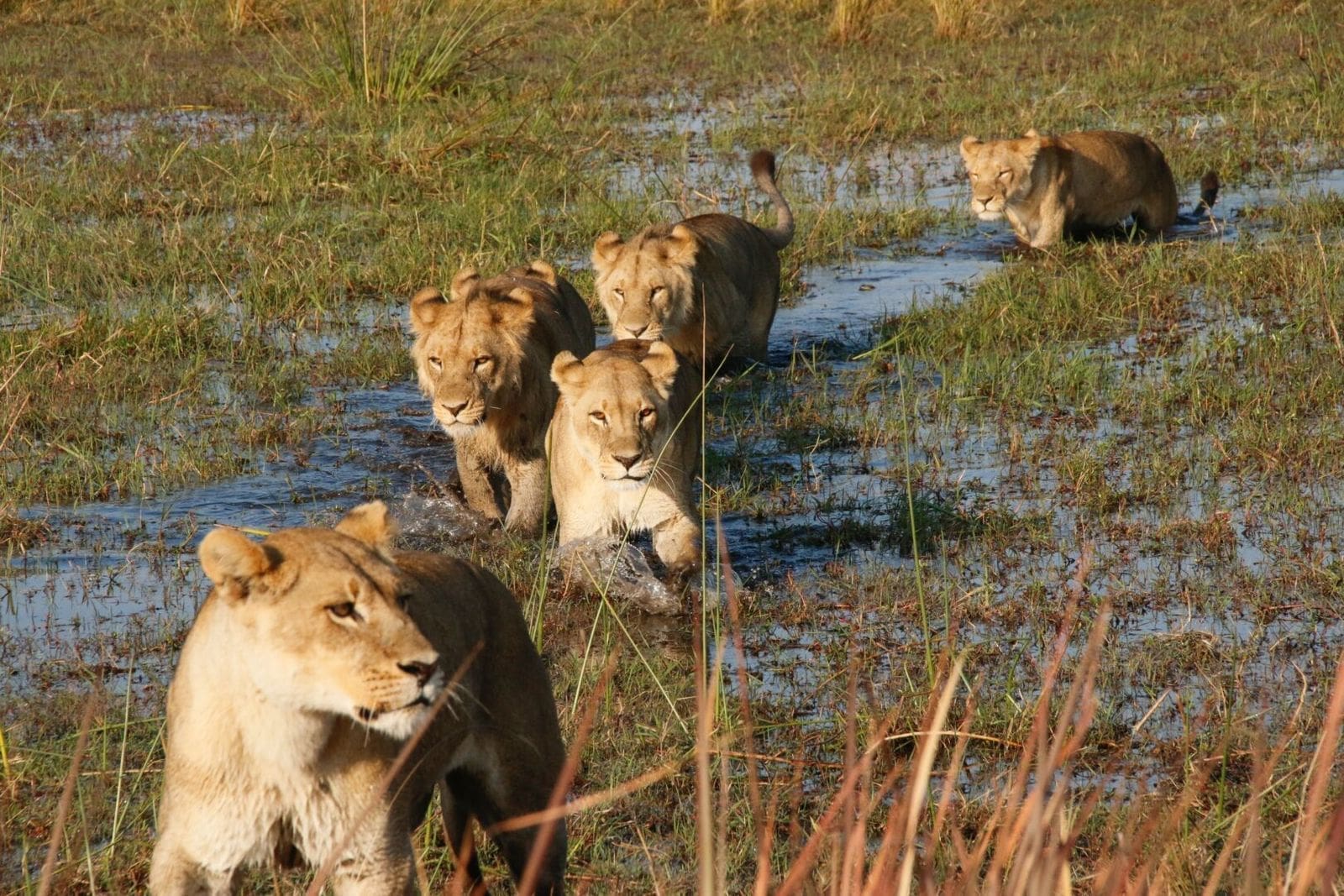
A list of excursions and attractions we do not offer or promote
It will no longer come as a surprise, but we do not offer the following excursions:
- Rides on wild animals, including elephants and ostriches
- Direct contact with wild animals: hugging, taking photos, washing, touching
- Excursions where animals are lured with food, as for example in the animal-unfriendly shark cage diving experiences in South Africa
- Swimming with dolphins and other marine animals, where there is contact between humans and animals, where the marine animals cannot move freely or where they are lured in
- Shows with wild animals
- Races with wild animals
- Forced fights between animals, or between animals and humans visits to irresponsible shelters
- Restaurants serving endangered species
- Hunting excursions
- Visits to markets or shops selling souvenirs made from animals
Excursions and attractions we do offer or promote
Fortunately, there are many ways to responsibly observe animals. We do offer the following excursions:
- Visits to safari parks or nature reserves, where animals are not lured, confined, or chased.
- Responsible observation of dolphins and whales in the wild, maintaining sufficient distance and ensuring animals are not disturbed.
- Activities with domesticated animals, such as horses and donkeys, where animals are treated appropriately.
- Visits to local rescue projects, only when they genuinely benefit the animals, such as the David Sheldrick Center in Nairobi.
- Educational eco-tours, walks, and hikes through natural areas.
- Visits to conservation projects or initiatives approved by animal welfare organizations.
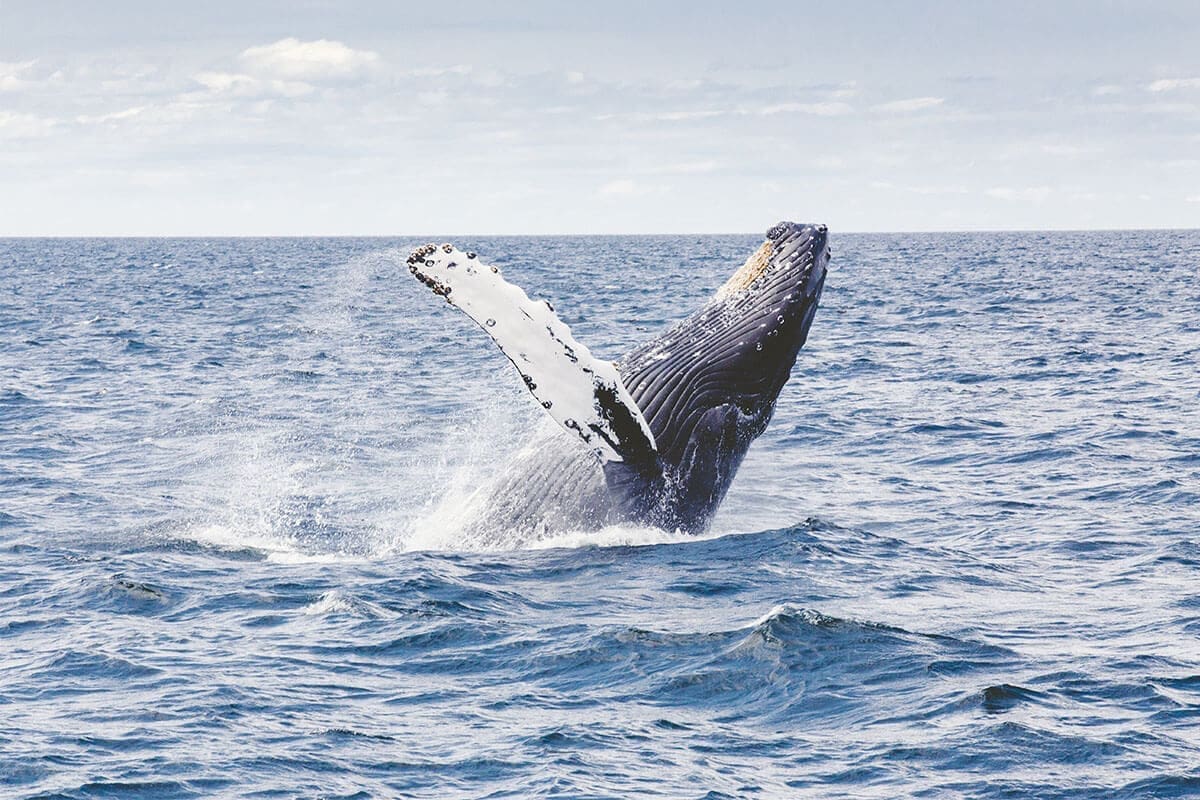
Tourism can make a significant contribution to wildlife and nature conservation in Africa. When you, as a traveller, visit a safari park, you’re helping to fund its protection. Your visit not only provides the financial means to safeguard the park but also creates an incentive to continue preserving it, ensuring it remains an attractive destination for future tourists. However, there are also places that exploit this opportunity. They too seek to profit, but without truly prioritising the welfare of the animals or the environment.

 Tourism can make a significant contribution to wildlife and nature conservation in Africa. When you, as a traveller, visit a safari park, you’re helping to fund its protection. Your visit not only provides the financial means to safeguard the park but also creates an incentive to continue preserving it, ensuring it remains an attractive destination for future tourists. However, there are also places that exploit this opportunity. They too seek to profit, but without truly prioritising the welfare of the animals or the environment.
Tourism can make a significant contribution to wildlife and nature conservation in Africa. When you, as a traveller, visit a safari park, you’re helping to fund its protection. Your visit not only provides the financial means to safeguard the park but also creates an incentive to continue preserving it, ensuring it remains an attractive destination for future tourists. However, there are also places that exploit this opportunity. They too seek to profit, but without truly prioritising the welfare of the animals or the environment. 